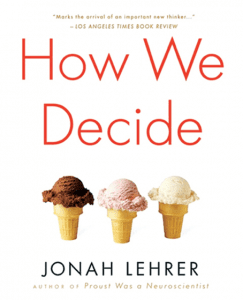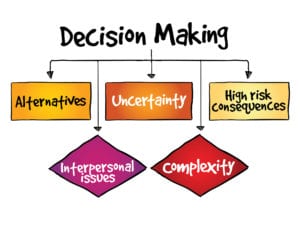 How you decide to do something is a complex process that involves multiple brain regions. Are decisions made with the rational brain or the intuitive brain? The answer, surprisingly, is both.
How you decide to do something is a complex process that involves multiple brain regions. Are decisions made with the rational brain or the intuitive brain? The answer, surprisingly, is both.
Rational judgment allows you to process facts and data essential to good decision making. Intuition allows you to tap into past training and experiences and quickly glean the lessons of your successes and failures – lessons seeded deep into memory by… emotions.
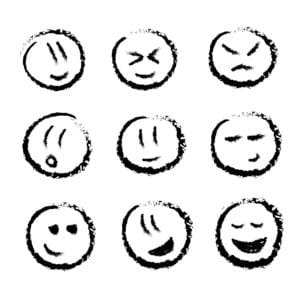
The Role of Emotions
Some think that the best decisions are rational decisions, devoid of all emotion. This is a fallacy. In fact, it would be impossible to make a good decision if you were somehow able to shut off the emotional control center of your brain.
The role of the emotional control center on decision making was well documented in the rise and fall of Phineas Gage. I wrote about this in a article titled: The role of emotions in decision making.
How We Decide – The Book
I recently read a book titled How We Decide by Jonah Lehrer. He offers some insight, from a brain science perspective, on how decisions are made. I’m including a short (2:33 minutes) video from YouTube where he briefly explains how it happens. I realize this is a VERY abbreviated and high-level overview but worth the view. When you’re done, read on.
My Lesson, Sans the Brain Jargon
During my Mental Management of Emergencies program I demystify the process for how first responders make decisions under stress. But, I don’t try to impress you with brain science terms. The lessons are way to important for that. While I’ve intensely studied brain science for almost fifteen years, I am first, and foremost, a first responder. My 30+ years on the line allows me to apply the science in a way that practitioners, like yourself, can easily understand and relate to.
Metacognition
One of the “jargon” terms used by Lehrer in the video clip was metacognition. What does that mean? Merely this: Metacognition means being consciously aware of your own thought processes. As it relates to the Mental Management of Emergencies, it means having a conscious awareness of:
1. How you make decisions under stress
2. How you develop and maintain situational awareness at emergency scenes
3. The barriers that can impact your situational awareness
4. How to know you’re losing your situational awareness before it’s too late
5. How to regain your situational awareness if you are losing it
As first responders, the more conscious awareness you have about your decision making and situational awareness processes and the barriers that can impact your situational awareness, the better you can be at managing and overcoming the challenges. That is what my mission is all about.
“Get in the Loop” Tour
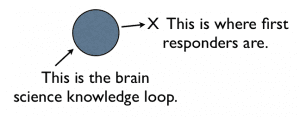 In 2012, I launched a situational awareness tour to get this message out to as many first responders as possible. If you’re interested in learning more about the tour, click on the box below. I am passionate about helping first responders improve decision making and situation awareness under stress.
In 2012, I launched a situational awareness tour to get this message out to as many first responders as possible. If you’re interested in learning more about the tour, click on the box below. I am passionate about helping first responders improve decision making and situation awareness under stress.
Why did I call it the “Get in the Loop” tour? Because first responders are, for the most part, out of the loop when it comes to understanding the scientific understanding of how we make decisions and form situational awareness. Most responders don’t have the time (or perhaps the interest) to read up on all the research. No worries though. I’ve done it for you. My program is designed to get you “Into the Loop” in way that’s both entertaining and educational.
But you don’t need to schedule a program to get in the loop. I’m giving away EVERYTHING I know right here in my articles. I’ve written over 200 of them so far. And… they’re all FREE! Sure I’d love to come and do a live presentation for your department or association. But if you can’t afford that, then simply read the articles. In fact, if you click on the orange box below and scroll down to the bottom of that page you’ll see that I have many ways for you to get my content at low cost or no cost. I have also recently launched multiple programs that you can purchase for your whole department using Live Virtual Training. This is an extremely cost effective way for me to train your entire department “Live” for a fraction of the cost!
A note about the programs: My programs are not strategy and tactics presentations. If you’re interested in having a strategy and tactics class, I’ll recommend a few here in a moment (or you can send me an email and I’ll send you a list of great presenters on tactics).
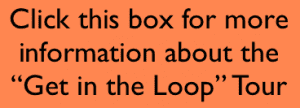
My Mission
To help first responders see the bad things coming… in time to change the outcome.
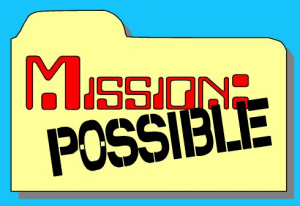 I want to help improve your understanding of the process for making good decisions (i.e., improve your metacognition of how to make a good decision). If you know how to make a good decision, the tactical application becomes easier.
I want to help improve your understanding of the process for making good decisions (i.e., improve your metacognition of how to make a good decision). If you know how to make a good decision, the tactical application becomes easier.
If you want to improve your understanding of tactics, take John Norman’s fireground tactics class. But what if you don’t know the process for making high-stress, high consequence decisions? It can bind you up.
I want to help improve your understanding of the process of forming and maintaining your situational awareness (i.e., improve your metacognition of situational awareness). If you know how to develop and maintain your situational awareness you’ll be better at task skills.
If you want to improve your ability to read smoke, take Dave Dodson’s Art of Reading Smoke class. (I recommend it in every one of my Fifty Ways to Kill a First Responder programs). But what if you can’t see the smoke at all? Even if you’re looking right at it! Trust me… it can… and DOES happen.
If you want to improve situational awareness, you’re in the right place! The articles and other resources are dedicated to my mission. I recently posted a message on my social media channels that got a lot of very nice comments: The best thing I can do as an old firefighter is to teach young firefighters how to become old firefighters. That sums nicely what I’m trying to accomplish.

Let me know how I can help you.
_____________________________________________________

If you are interested in taking your understanding of situational awareness and high-risk decision making to a higher level, check out the Situational Awareness Matters Online Academy.
CLICK HERE for details, enrollment options and pricing.
__________________________________
Share your comments on this article in the “Leave a Reply” box below. If you want to send me incident pictures, videos or have an idea you’d like me to research and write about, contact me. I really enjoy getting feedback and supportive messages from fellow first responders. It gives me the energy to work harder for you.
Thanks,

Email: Support@RichGasaway.com
Phone: 612-548-4424
SAMatters Online Academy
Facebook Fan Page: www.facebook.com/SAMatters
Twitter: @SAMatters
LinkedIn: Rich Gasaway
YouTube: SAMattersTV
iTunes: SAMatters Radio

